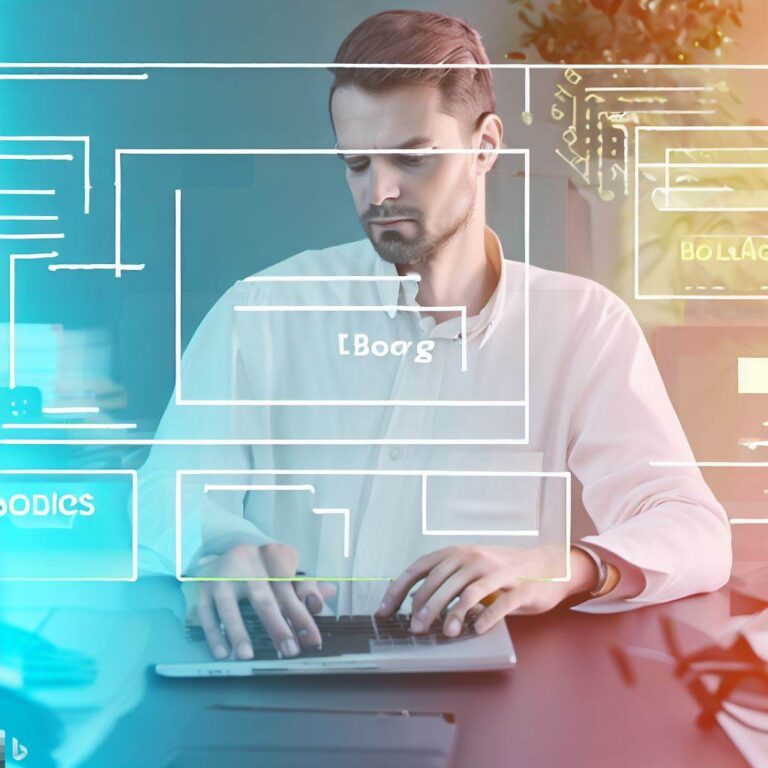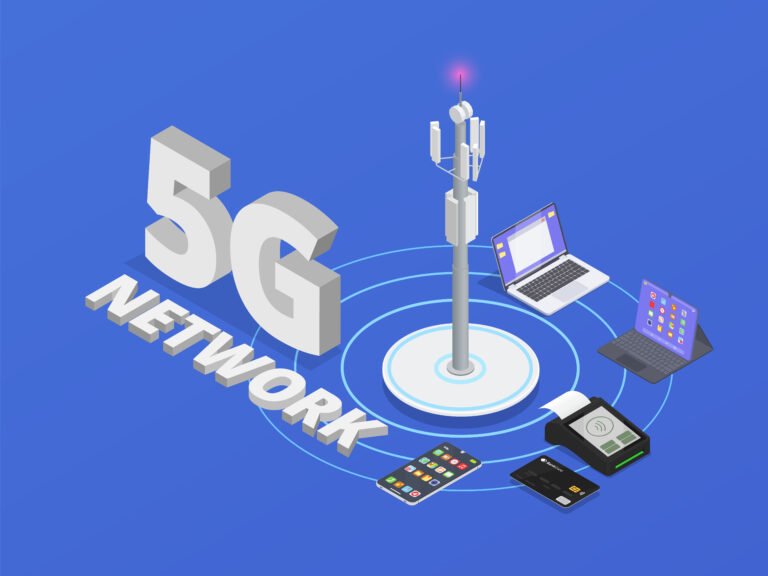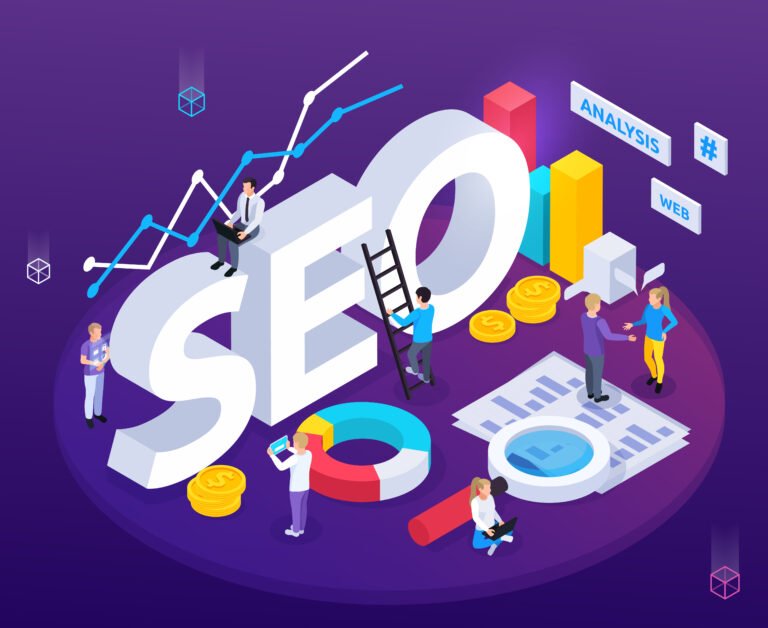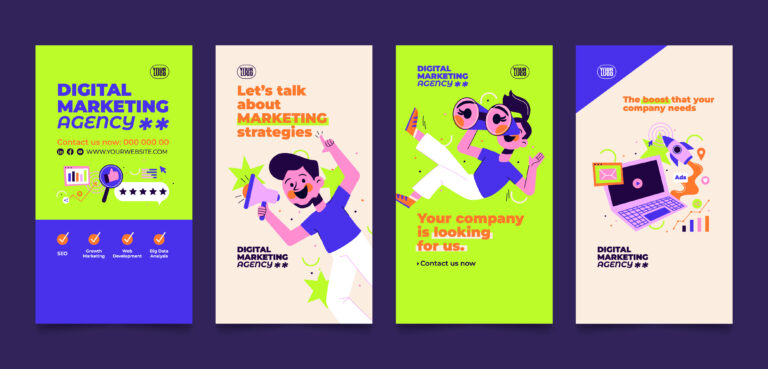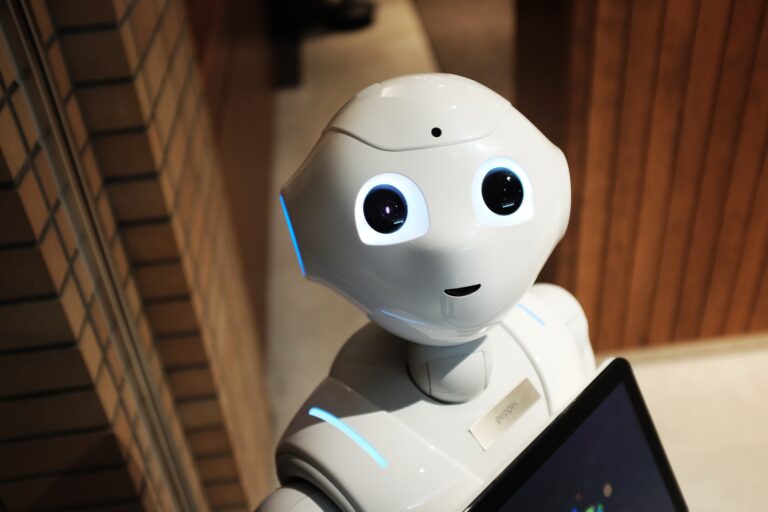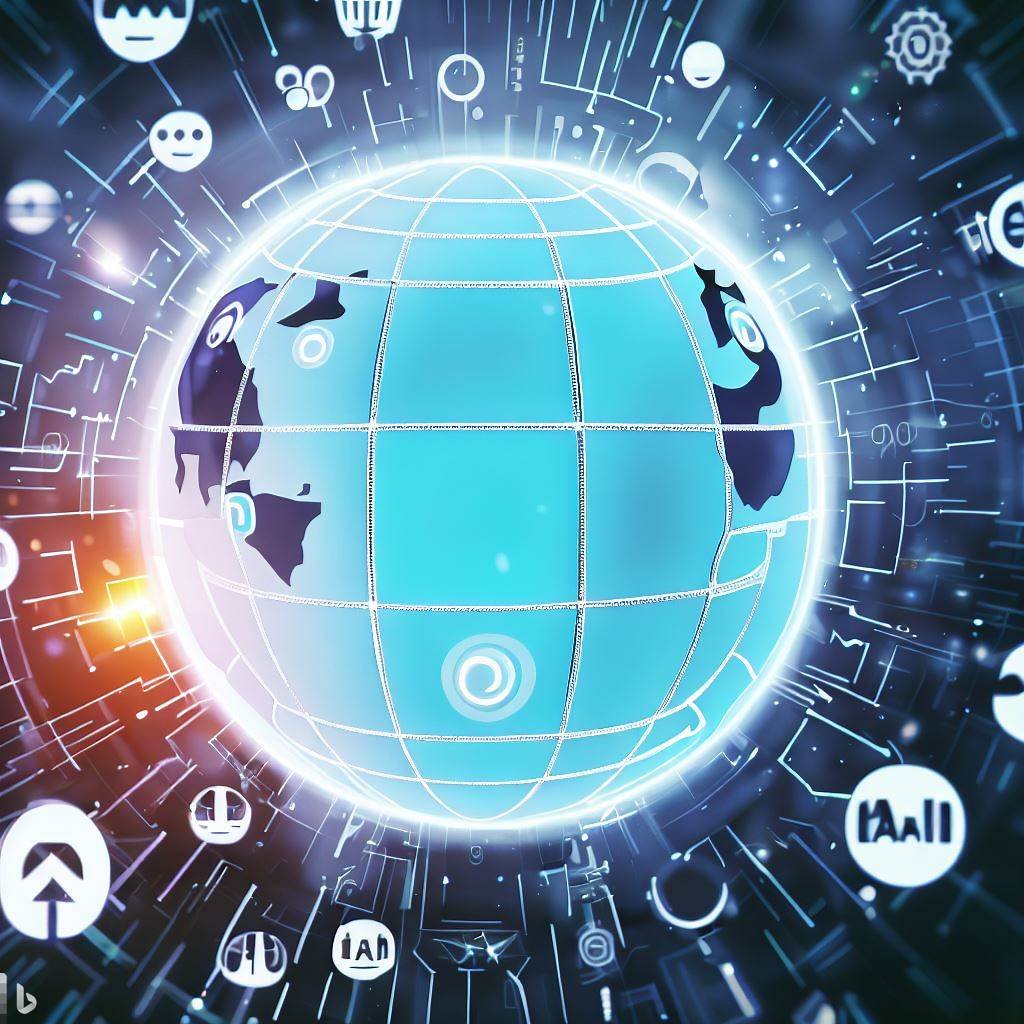
Artificial intelligence (AI) has emerged as a transformative technology that is revolutionizing various aspects of our lives. From healthcare to transportation, from finance to education, AI is making significant strides and reshaping the world as we know it. In this blog, we will explore the ways in which AI is transforming different sectors and the potential impact it can have on society.
- Healthcare
AI is revolutionizing healthcare by improving diagnostic accuracy, enabling personalized medicine, and streamlining healthcare processes. Machine learning algorithms can analyze vast amounts of patient data to identify patterns and make accurate predictions. AI-powered medical imaging systems can detect anomalies and help diagnose diseases with greater precision. Additionally, AI-enabled virtual assistants and chatbots can provide basic medical advice and support, improving access to healthcare in remote areas.
- Transportation
The transportation industry is being transformed by AI, with advancements in autonomous vehicles and smart traffic management systems. Self-driving cars are becoming a reality, offering the potential for increased safety, reduced congestion, and improved energy efficiency. AI algorithms can optimize traffic flow, reducing travel times and fuel consumption. Furthermore, logistics and supply chain management are benefiting from AI-powered predictive analytics, enhancing efficiency and reducing costs.
- Finance
AI is revolutionizing the finance industry by automating tasks, improving fraud detection, and enabling personalized financial services. Intelligent algorithms can analyze vast amounts of financial data, identify patterns, and make data-driven investment decisions. Chatbots and virtual assistants powered by AI can provide personalized financial advice and assist customers with banking transactions. AI algorithms are also effective in detecting fraudulent activities, preventing financial losses, and enhancing security.
- Education
In the field of education, AI is transforming the learning experience by personalizing education and providing intelligent tutoring. Adaptive learning platforms powered by AI can analyze students’ performance data and tailor educational content to their individual needs. Virtual reality and augmented reality technologies, combined with AI, can create immersive and interactive learning environments. AI-powered chatbots and virtual assistants can provide instant support and guidance to students, enhancing their learning experience.
- Manufacturing
AI is reshaping the manufacturing sector by introducing automation, predictive maintenance, and quality control systems. Robots and AI-powered machines can perform repetitive tasks with precision and speed, improving productivity and reducing errors. Predictive maintenance algorithms can analyze sensor data to detect potential equipment failures, minimize downtime and optimize maintenance schedules. AI-enabled quality control systems can identify defects in real time, reducing waste and improving product quality.
- Climate Change and Sustainability
Artificial intelligence is playing a crucial role in addressing climate change and promoting sustainability. AI algorithms can analyze environmental data to develop accurate climate models, enabling better predictions and planning. Smart energy grids powered by AI can optimize energy distribution and consumption, reducing waste and promoting renewable energy sources. AI is also being used in precision agriculture to optimize resource usage, minimize environmental impact, and increase crop yields.
Conclusion
Artificial intelligence is transforming the world across multiple sectors, bringing about unprecedented advancements and opportunities. From healthcare to transportation, finance to education, AI is revolutionizing industries, improving efficiency, and enhancing the quality of life. However, as AI continues to evolve, it is important to address ethical considerations, and privacy concerns, and ensure that the benefits are accessible to all. By embracing AI responsibly and leveraging its potential, we can create a future where AI-powered technologies work hand in hand with humanity to drive progress and improve our world.


